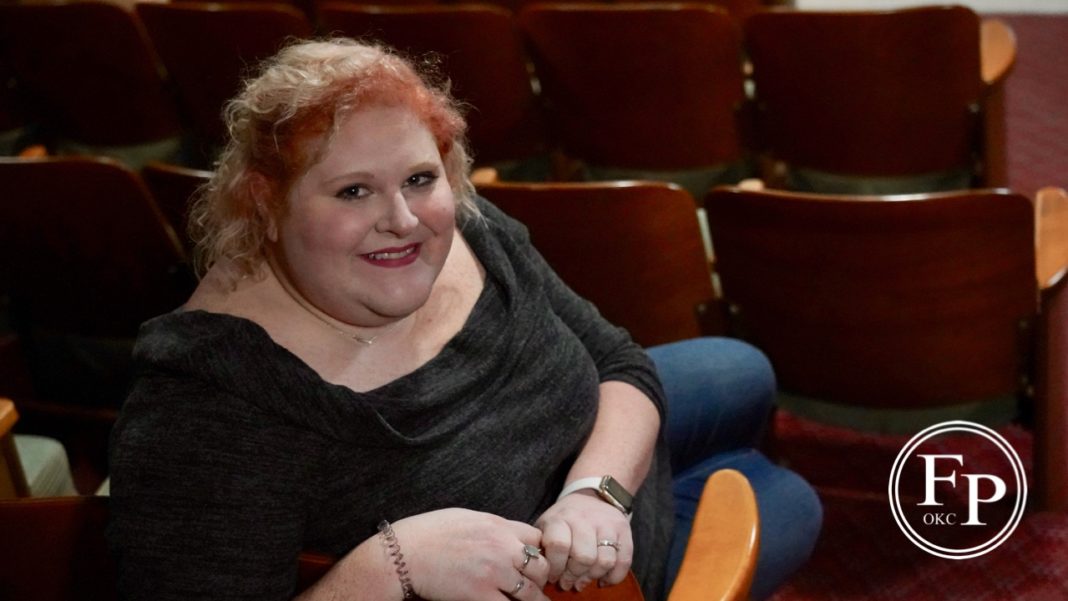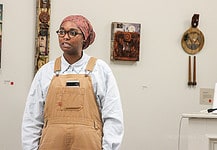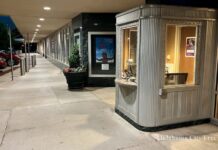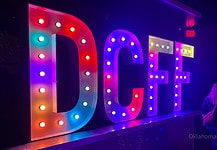Last Updated on June 11, 2020, 1:32 PM | Published: March 1, 2020
deadCenter Film, the nonprofit best known for deadCenter Film Festival (dCFF) in Oklahoma City, has chosen long-time staff member Alyx Picard Davis as the next Executive Director.
She will move up into that position July 6 from her current role as Director of the Festival and Operations.
Long-term Executive Director Lance McDaniel is leaving the position of executive director after this next dCFF to pursue other creative ventures.
“Alyx is the perfect choice,” McDaniel said in a prepared statement. “She has the best hands-on experience, and she understands the critical role deadCenter plays in the community and the Oklahoma film industry. I am super excited for deadCenter’s future with Alyx at the helm.”
Twenty years
dCFF has grown from a one-night event in a single room at City Arts (now Oklahoma Contemporary) at State Fair Park 20 years ago to a multiple-venue event in downtown drawing 35,000 participants last year.
Entries from local, national, and international filmmakers have to be carefully selected because there are far more than the schedule will allow.
Davis has worked closely with McDaniel, a postive, high-energy leader who seems to be in all places at once during the festival.
Transition
Davis met with me at dC offices in the Paramount Building on Film Row Friday. She talked about her promotion from her current position and what new developments are cooking in the organization.
But, this transition is not going to be some sort of shake-up.
“I don’t want to rock the boat too much,” Davis said. “Because I think I’ve had a hand in where we’ve been. And I obviously think that that’s a good direction to be going.”
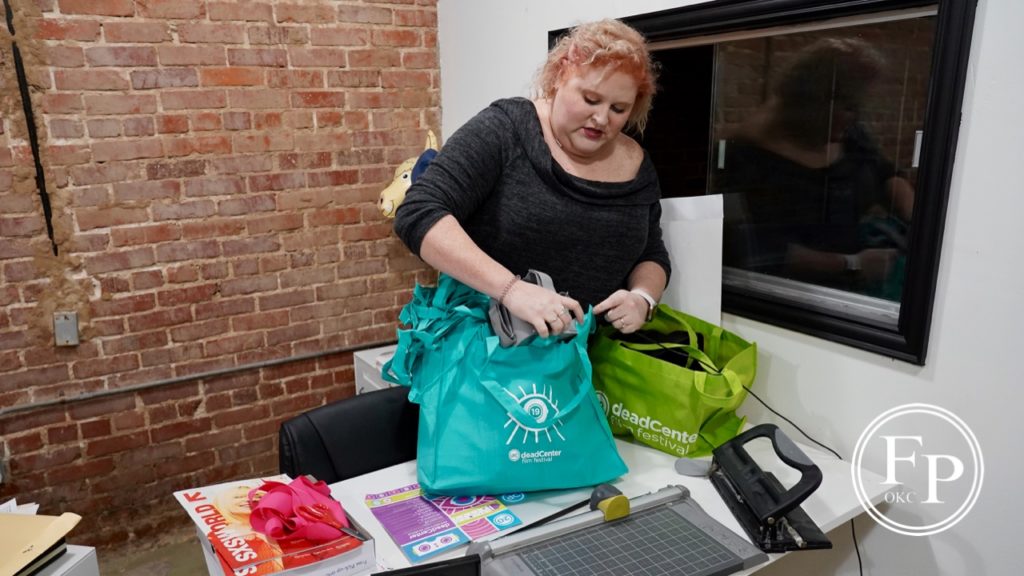
She said one of her challenges would be leading the organization as a different type of leader than the high-profile McDaniel.
“Lance is just a force. And I love him. And we’re going to miss him so much,” said Davis who has worked very closely with McDaniel for years.
About the change and her own leadership profile, she said, “I think people do feel good about it, but it’s going to be a little different. Because I’m not Lance.”
New developments
The way Davis tells it, dC has always been about new developments, though. And so, to a certain extent, she sees the festival and the organization continuing its life of fostering learning and innovation in story-telling using many types of visual media.
One of those new innovations that has captured more attention just over the last three years is virtual reality or VR.
The festival has had an experiential component centered on showcasing not only the VR technology itself but how stories can be told and even visually experienced in a different way through VR cinema.
“I love that we’re more of a part of a national conversation and an international conversation that’s happening now around film festivals and distribution models, and exhibition models,” said Davis.
What is a festival?
She pointed to some national and international conversations that are going on about film festivals and how dC is in the middle of that.
“What is the place of the film festival anymore? Is it just for shorts? Is it just for features? What does that look like? And how do we stay at the cusp of that? I think at the core of that, it’s the experiences that you have in a film festival that are just key,” said Davis.
Being able to network with other festival-goers and getting to interact with filmmakers is an experience that is very unique Davis said.
“You’re going to get to talk to filmmakers. You’re going to get to talk to people who really love film. You’re probably going to hear a Q&A that causes you to see a film in a different way.”
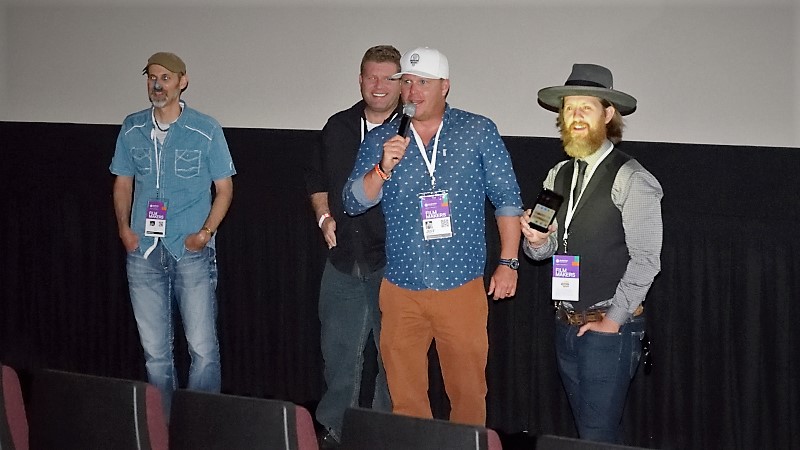
Connections
One aspect of dCFF is the networking between all of the talent that goes into making a film when they attend panels on various aspects of filmmaking usually in the mornings during the festival.
“Our panels series are free and open to the public during the festival, and a lot of people do take advantage of that,” Davis said.
“It’s a great opportunity to sit with a bunch of people in a room who know something on a topic. It might be storytelling. It might be screenwriting. It might be licensing music for your film.”
Davis pointed out that there is something unique and invaluable about sitting in the same room with people who can say, “I went through this. This is how I got here. This is what I’ve learned.”
Year-round, statewide
One large development after dC became a year-round organization in 2014-2015 was the focus on education and promoting filmmaking at all levels of skill.
McDaniel and Davis threw themselves into doing education events in high schools across the state as well as spawning several other Oklahoma film festivals.
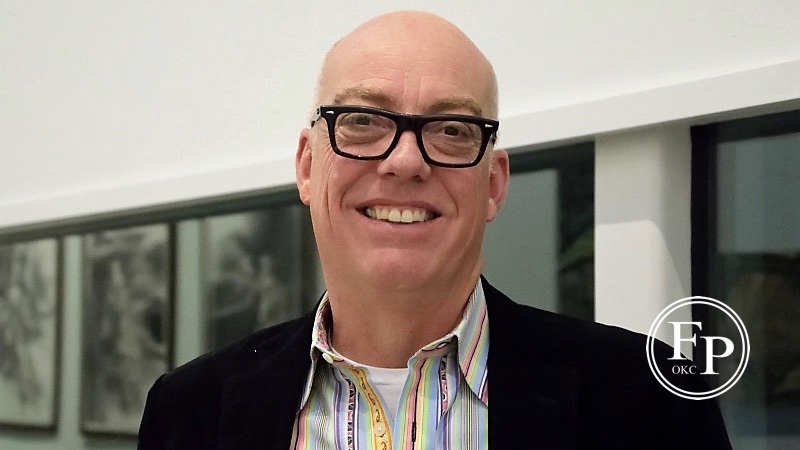
“We did a 15-city tour where we brought little pop-up festivals all around the state like Ardmore, Alva, Enid, and Guymon,” said Davis.
“We kind of packaged them in a way that we knew would be right for each community because you have different audiences. And Kim Haywood was the director of programming at the time and she was really good.”
That tour created an ongoing set of relationships that fostered even more interest in filmmaking in Oklahoma.
Founder, publisher, and editor of Oklahoma City Free Press. Brett continues to contribute reports and photography to this site as he runs the business.
